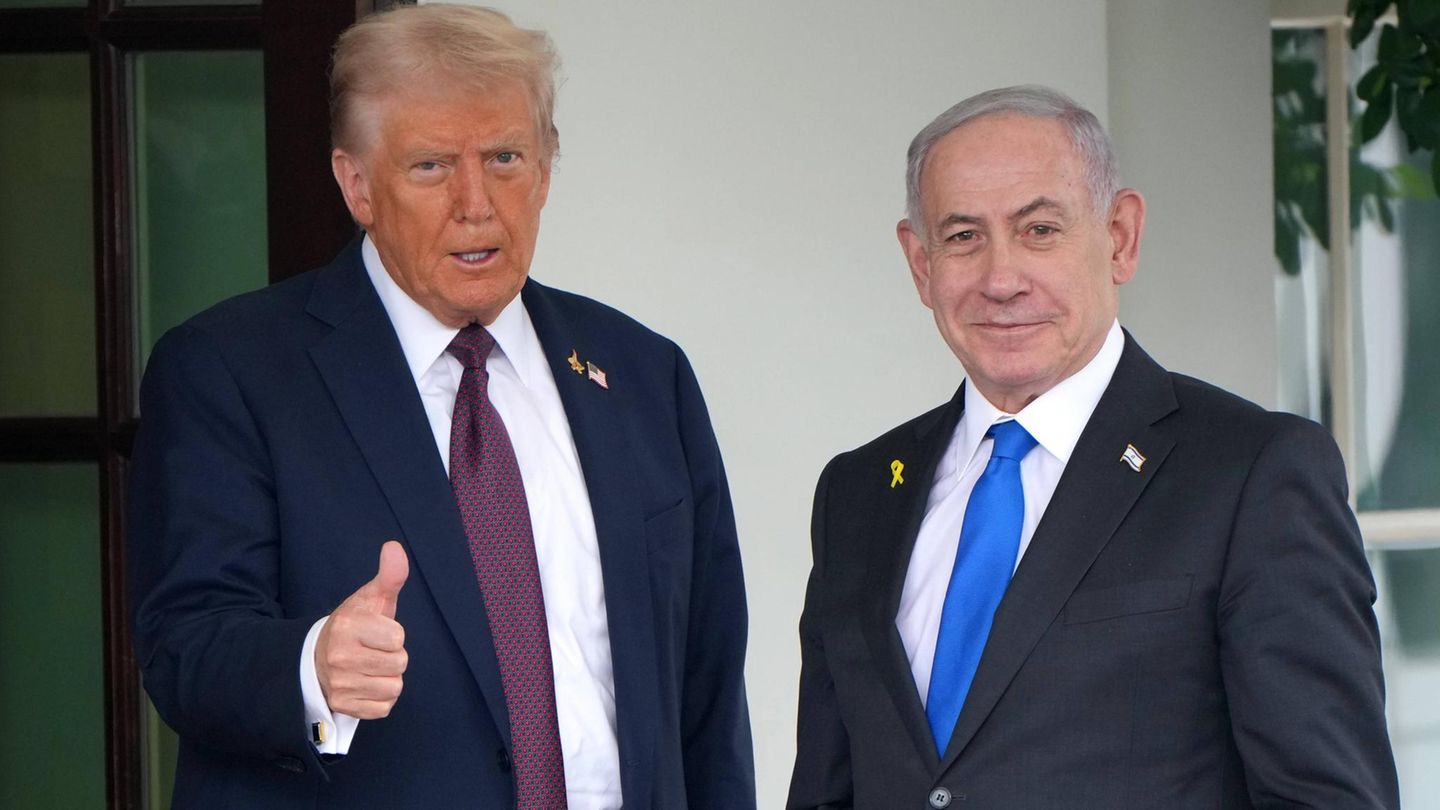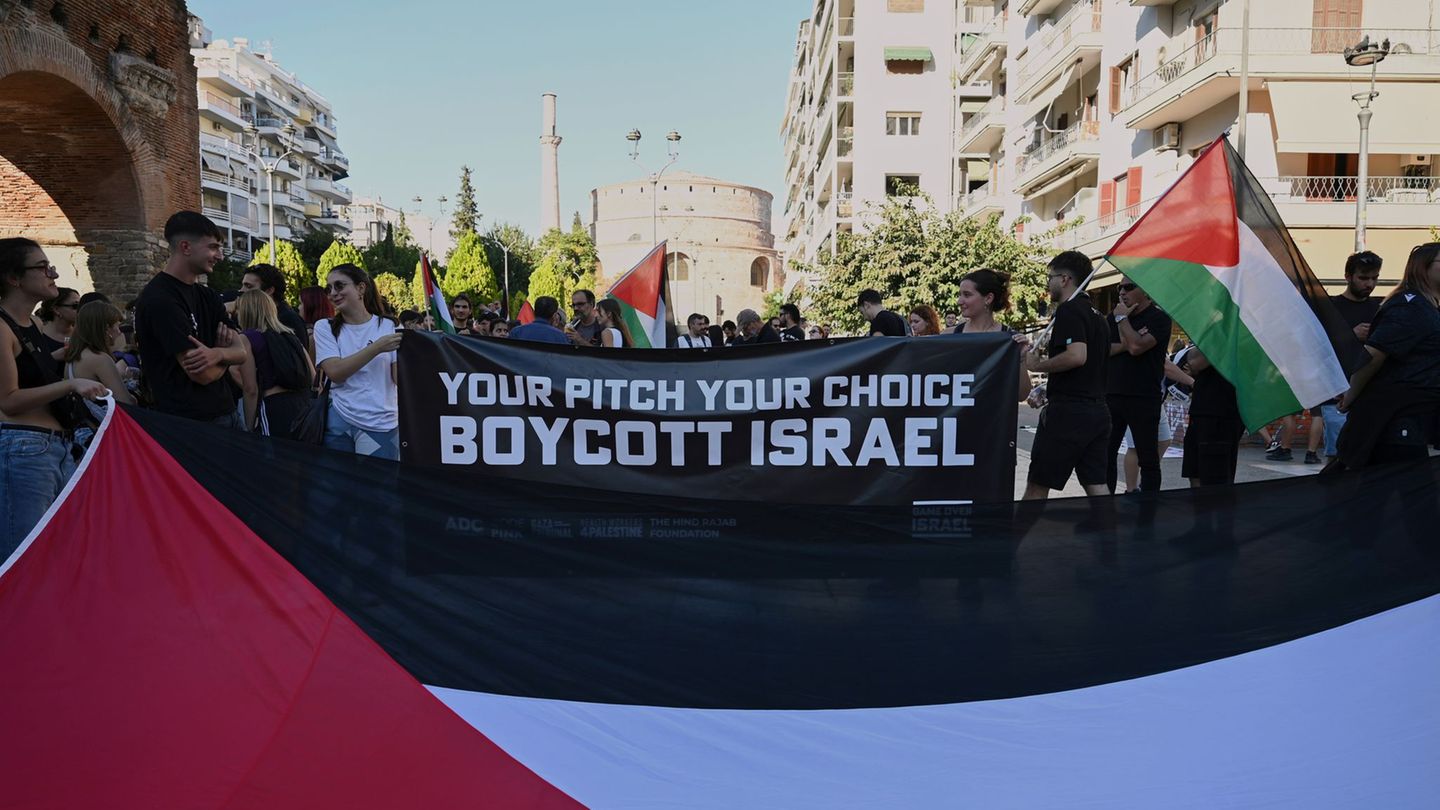“The Situation – International”
Trump’s Gaza deal: “His strength is that he ignores the rules”
Copy the current link
Add to watchlist
Without Donald Trump’s pressure on Israeli Prime Minister Netanyahu, the agreement would have been impossible. Was Trump just following a mood, or does he have a real strategy for Gaza’s future?
Can the partial agreement between Israel and Hama on the mutual exchange of hostages and prisoners open the door to a more peaceful future for Israelis and Palestinians? Despite all the hope, security expert Christian Mölling remains skeptical. “It not a single humanitarian truck has crossed the border yet. No hostage has been exchanged yet,” says the political scientist from the Brussels think tank “European Policy Center” in the latest issue of star– s “The Situation – International” to consider. And: “We have it with you Donald Trump to do.”
Mölling believes that the unusual public pressure that the US President exerted on Israeli Prime Minister Benjamin Netanyahu in the days before the deal was part of a set-up. “The question is: Is this a mood or is there a strategy behind it.” But Trump must be given credit for his unconventional way of negotiating. “He simply ignores everything that was common practice in the past,” said Mölling. “That’s Trump’s strength.”
“Trump wants peace because he has business interests”
Netanyahu may have made strategic mistakes in recent weeks, such as ordering the Israeli airstrike on the Hamas leadership in the capital of Qatar, an important US ally, which is said to have greatly angered Donald Trump. The US President forced Israel’s prime minister to make a public apology to Sheikh Tamim, the Emir of Qatar, during his visit to Washington at the beginning of last week. “I can well imagine that Netanyahu has been driven lately. On the one hand, by the dynamics of this conflict itself. On the other hand, by the concern that he will lose domestic political support if the war comes to an end,” said Mölling. Trump himself, however, is “interested in peace because he has business interests in the region.”
From Mölling’s perspective, the deal that has now been concluded gives Hamas the chance of political survival. “Most of the prisoners that Israel should now release are very close to Hamas. They are not the real victims of this war,” said the political scientist. “Hamas can now try to replenish its ranks and secure its power.”
Source: Stern
I have been working in the news industry for over 6 years, first as a reporter and now as an editor. I have covered politics extensively, and my work has appeared in major newspapers and online news outlets around the world. In addition to my writing, I also contribute regularly to 24 Hours World.




